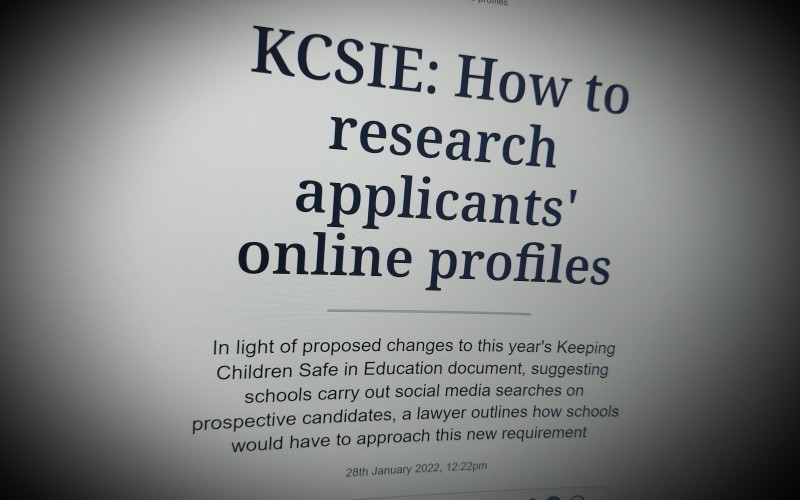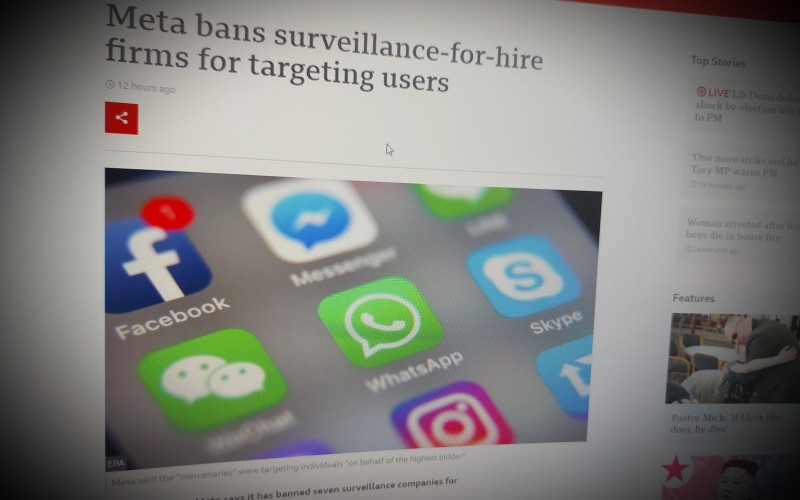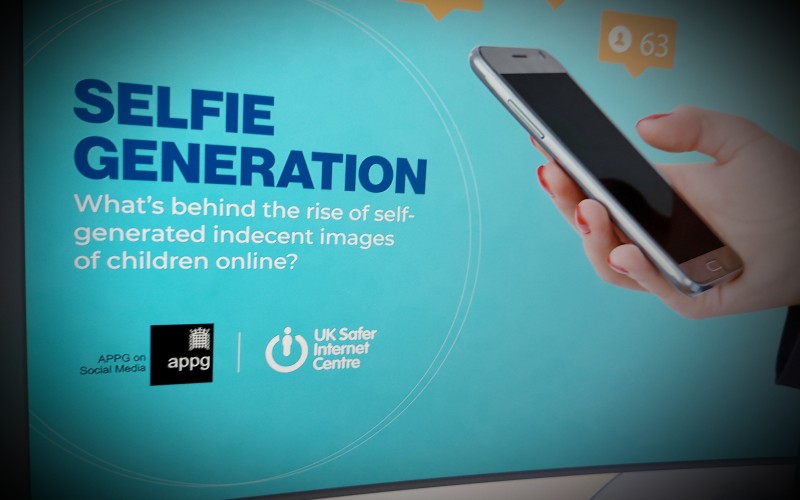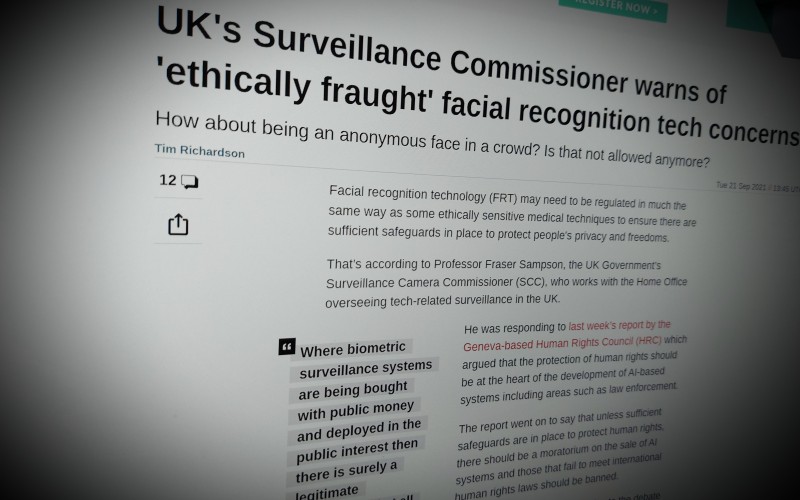In light of proposed changes to this year's Keeping Children Safe in Education document, suggesting schools carry out social media searches on prospective candidates, a lawyer outlines how schools would have to approach this new requirement
Tagged with privacy
Facebook owner Meta says it has banned seven surveillance companies for targeting users on its platforms.
A new report by Meta says about 50,000 users will receive warnings about the "malicious activities".
It accused surveillance firms of actions like creating fake accounts, befriending targets and using hacking methods to harvest information.
How creepy is that smart speaker, that fitness tracker, those wireless headphones? Mozilla created this guide to help you shop for safe, secure connected products.
Electronic monitoring of home workers by companies is rising sharply, a survey suggests. The government is being urged to toughen the rules - and ban most webcam use.
"It was creepy," says Chris. "One of my managers was watching people's personal computers to monitor what we were doing at home - all the time, not just when we were working. It was a bizarre way to carry on."
What’s behind the rise of self-generated
indecent images of children online?
A report from the APPG (All Party Parliamentary Group) on social media
Facial recognition technology (FRT) may need to be regulated in much the same way as some ethically sensitive medical techniques to ensure there are sufficient safeguards in place to protect people's privacy and freedoms.






Comments
make a comment